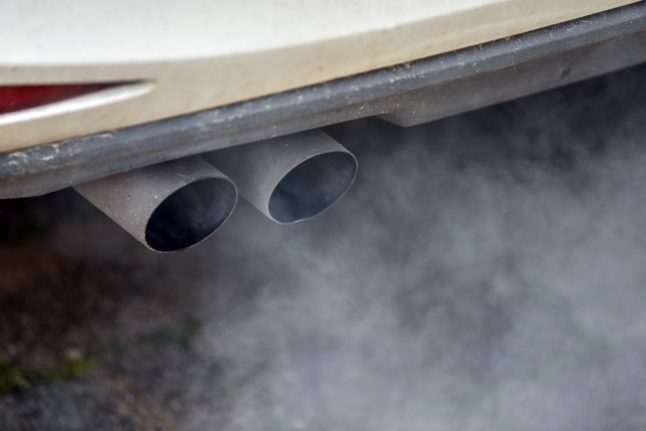Major cities like Hamburg, Frankfurt and Stuttgart have put in place or are preparing exclusion zones for older diesel vehicles in order to bring NO2 levels under the EU-wide annual average limit of 40 microgrammes per cubic metre, with more towns on the way.
Judges have ordered some of the bans, while politicians in other urban areas moved to preempt the courts.
But such measures have outraged diesel drivers, who complain that older vehicles are set to lose a massive chunk of their resale value as a result.
The car industry – the heart of the German economy and politically well-connected – has escaped at home the tens of billions in fines it has had to pay out in the United States over diesel emissions cheating.
It has also avoided any binding obligation to refit older cars to meet the latest emissions norms.
SEE ALSO: Germany to present plan for polluting diesel cars
Beyond softening the threshold for implementing a ban from 40 to 50 microgrammes per cubic metre, Berlin plans other changes to allay fears among owners in the most-polluted cities still subject to bans.
Ministers will further alter the law to allow cars meeting the older Euro 4 and 5 standards and emitting less than 270 milligrammes of NO2 per kilometre to enter the zones.
“The government is obviously in panic mode. Otherwise there would be no explanation for its rushing through an update to the law that infringes in several ways EU law,” said Jürgen Resch, head of environmental pressure group DUH.
“We will secure the right for clean air in all cities in 2019, the courts will ignore the weakening of the thresholds,” he added.
DUH plans to sue the federal government for breaking EU law if it presses ahead with the changes.



 Please whitelist us to continue reading.
Please whitelist us to continue reading.
Member comments